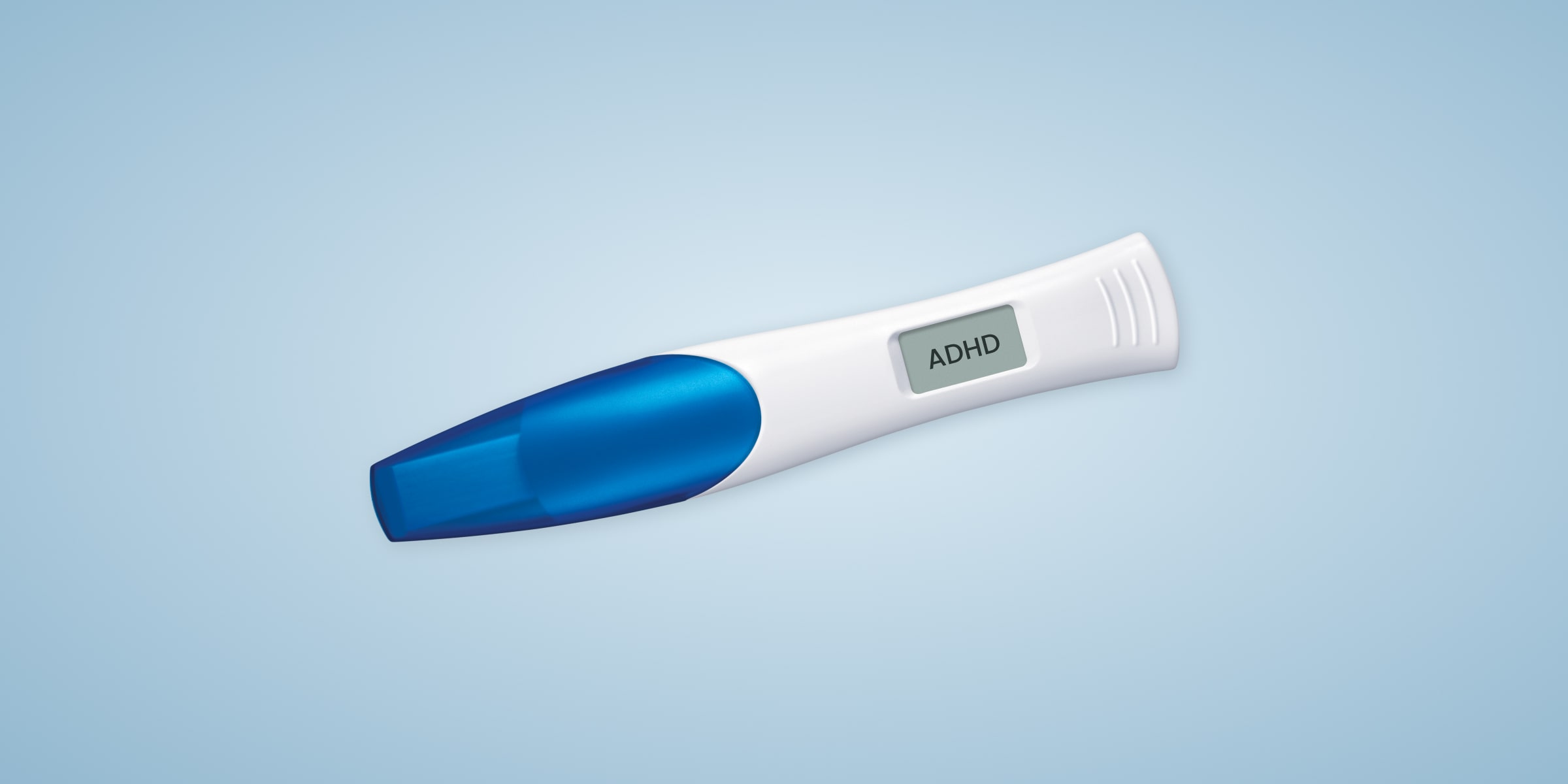When I became a mother, I had constant anxiety about my ability to measure up. I'd look at my messy home and zero in on all my shortcomings:
- Mountains of laundry that never seemed to shrink.
- Piles of half-read parenting books I couldn’t relate to (#ADHD).
- Stacks of dishes waiting (in vain) to be put away.
Cue negative self-talk:
“What’s wrong with me? Why can’t I be like other parents? Am I a bad mom?”
I spent the first years of motherhood trying desperately to be a ‘normal’ mom. But try as I might, keeping a clean home felt impossible because I couldn’t keep on top of chores and the night before Halloween I’d be crying over my sewing machine struggling to finish my handmade costume attempts.
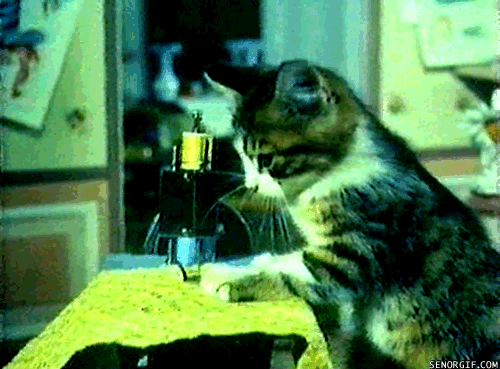
But as time passed and my child continued to survive, even thrive, I realized that her growth wasn’t happening in spite of my limitations, but rather, because of my strengths.
Here are some things to consider on your hardest parenting days.
Too long; didn't read
- Parenting with ADHD is hard. Raising children requires a lot of executive functioning: time management, multi-tasking, keeping on top of several schedules... not to mention the laundry - piles of never-ending laundry!
- Self-comparison and unattainable societal expectations can be detrimental to our sense of self-worth.
- But ADHD also gives us some unique strengths that make us great parents, including creativity, empathy, and flexibility.
4 ways our ADHD makes us better parents
1. We're creative
I was adamant from the time I was pregnant that I didn’t want my child’s grandparents buying noisy plastic toys for birthdays and holidays.
Instead, I requested art and craft supplies, books, and musical instruments, so now my daughter and I spend weekend mornings on the living room floor with good music and creative flows.
We…
- paint.
- do collages.
- make paper clothes for stuffed animals.
- go on daily scavenger hunts. (No, I’m not talking about the frantic search for my keys – also a daily occurrence.)
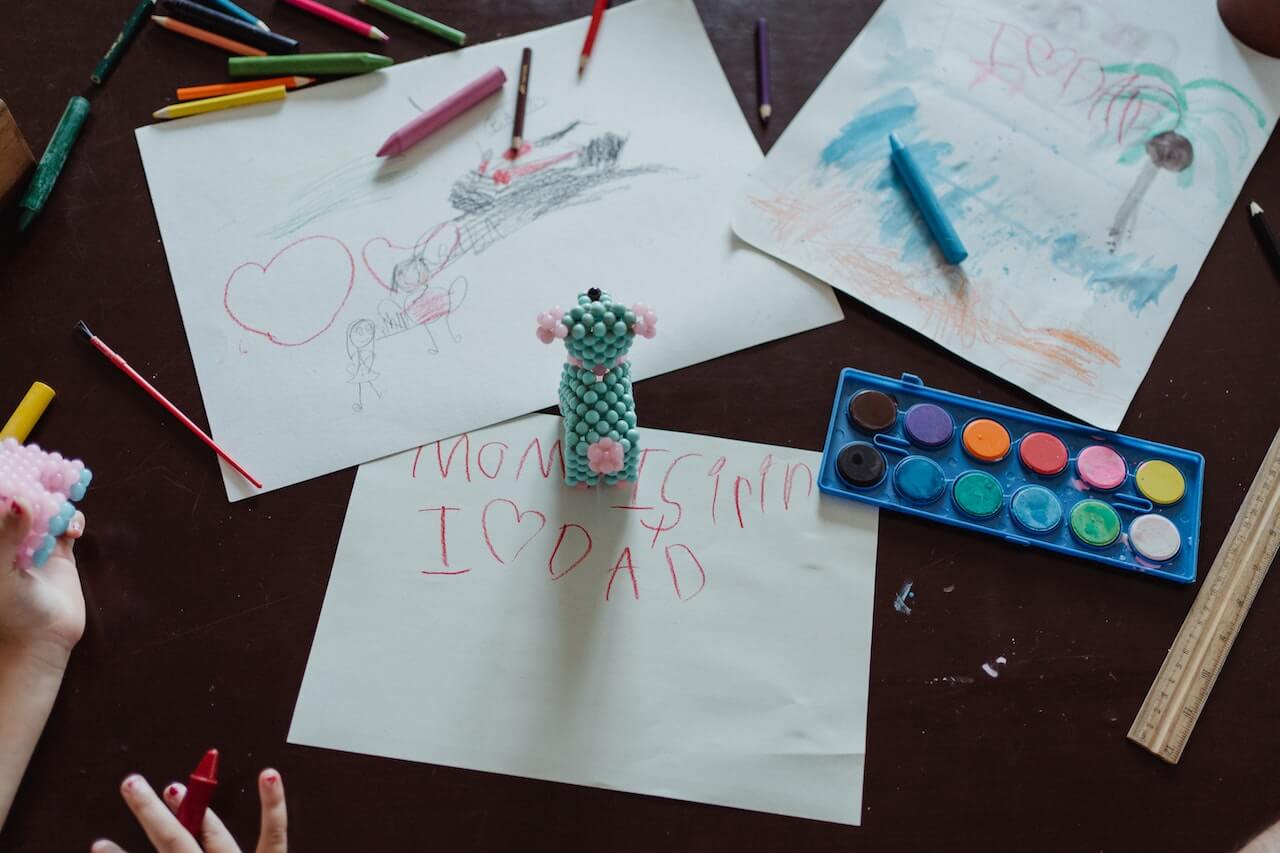
Sure, our home will never be Instagram-perfect, but the clutter and creative disorganization I used to be ashamed of looks different now — like a warm and happy home where there’s always an exciting project waiting.
2. We're flexible
The golden rule of parenting is to “expect the unexpected”. There are no instructions when we have a baby—even the most prepared parent can’t predict every eventuality. But with ADHD parenting, most of us just go with the flow.
Because ADHD adults are experts in chaos.
It’s 10 pm and you just found out there’s a bake sale tomorrow that nobody bothered to tell you about? (Pssst, just between us: It was probably in one of the notes from school languishing in your child’s backpack.)
That’s fine, because you have a stash of gummy worms and a box of broken graham crackers that'll make really fun “dirt cupcakes”. They'll be the kids' favorite and when you later discover those overlooked email reminders in your inbox, it'll barely even sting.
3. We’re empathetic
Young children are emotional creatures. So am I!
And lucky for my kid, I have decades of experience in actively, consciously learning to regulate my emotions. It takes practice and fortunately there are resources for this sort of thing!
As children learn to navigate the highs and lows of the human experience, having a parent with heightened empathy can help them feel understood, supported, and connected.1 Those feelings of connection and understanding help kids feel safe to express themselves, be imperfect, and grow, which is exactly what you want when you’re trying to nurture emotional intelligence.
Recently, my daughter’s teacher told me that she’s been approaching struggling classmates with empathy and offering support.
This was quite possibly the proudest moment of my life, and I credit my ADHD with her kindness.
4. We’re destigmatizing mental health and ADHD
ADHD tends to run in families. Some studies estimate a heritability rate of 75-91%, meaning that up to 91% of ADHD traits can be attributed to genetics inherited from one or both biological parents.2
For ADHD children, seeing their parents' unique talents, perspectives, abilities, and yes, also our challenges — and how we’ve learned to cope with them — is an important model for improving their self-esteem, embracing neurodiversity and growing up with an attitude of self-acceptance and empowerment.
“As a parent with ADHD, we need to adjust our daily expectations from what we feel parents we should accomplish each day, and what we realistically can accomplish.” -The Inflow App | Parenting module, Day 1
Looking for a little more help as a parent with ADHD? The Inflow app has an in-depth seven-day module on parenting to help you learn self-acceptance and become less overwhelmed. Get started with Inflow today!
Final thoughts
Before my daughter was born, I worried that she’d “get my ADHD”.
I fretted about her impulsivity, behaviors, and her inattention; wondered whether she’d be able to live the life of her dreams, or if my crappy genes would hold her back. A few years into our journey together, it’s obvious to me: She’s one of us, part of the Chaos Crew.
So, I don’t worry anymore. She’s creative and impulsive and brilliant and a daydreamer and she’s got this. And any time she doesn’t, she’s got a perfectly imperfect mom who has her back.
---
Sources:
1 Pediatric Investigation | Effects of parental empathy and emotion regulation on social competence and emotional/behavioral problems of school‐age children
2 Nucleic Acids Research | ADHDgene: a genetic database for attention deficit hyperactivity disorder


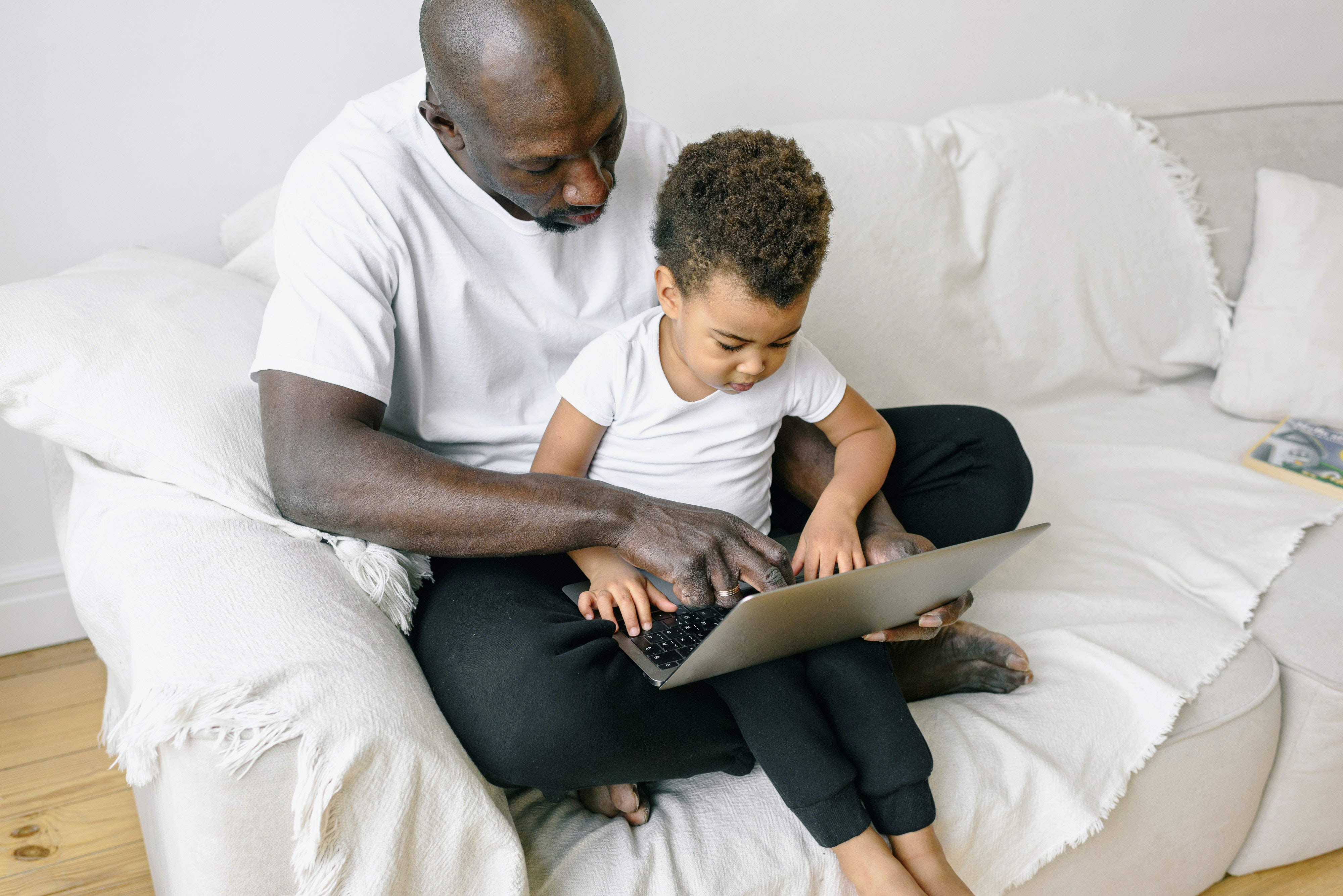


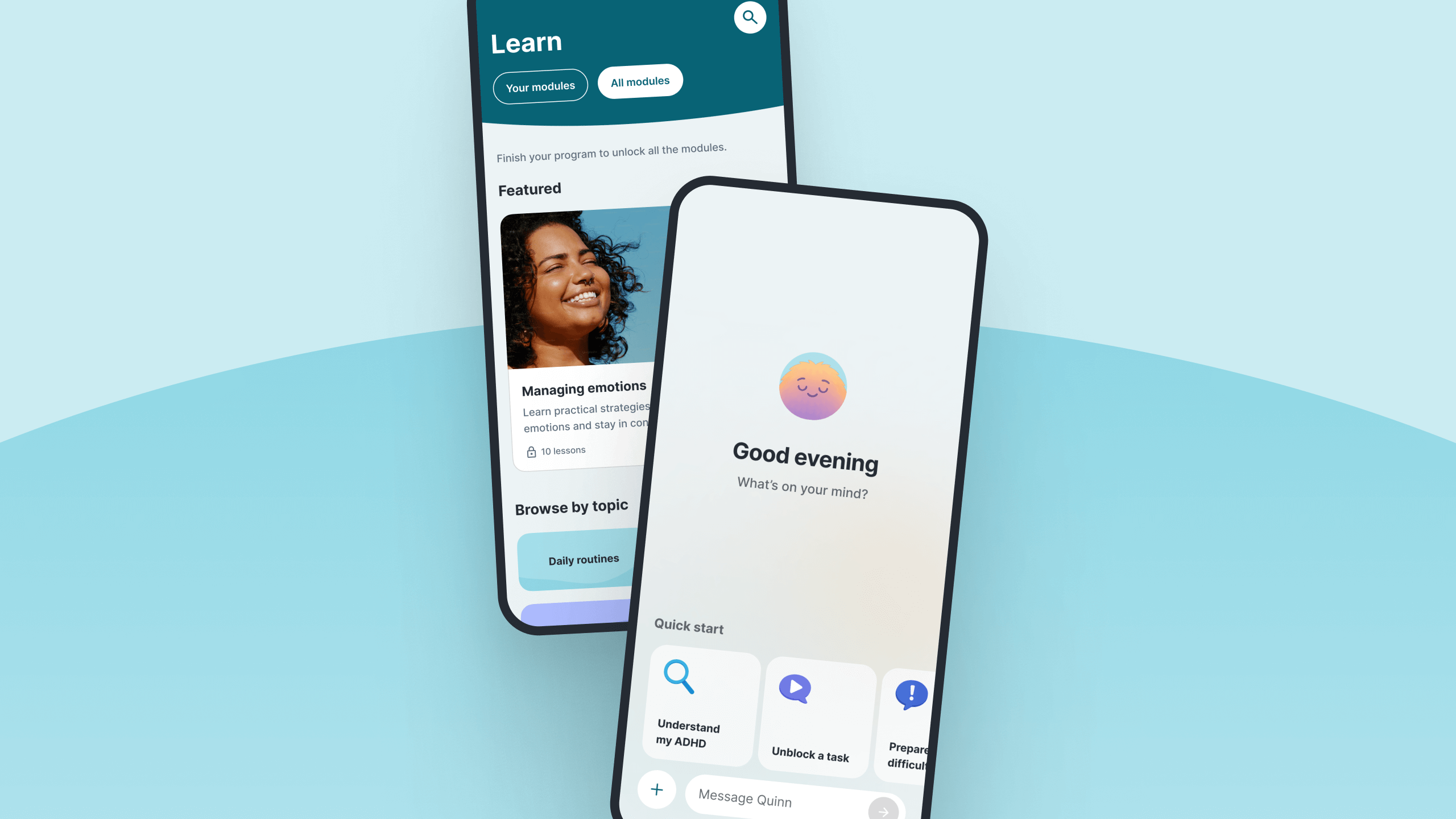
.jpg)
